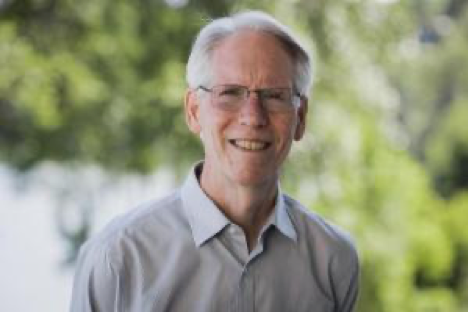Dennis McCarty, Ph.D., an Emeritus Professor in the School of Public Health at the Portland State University and Oregon Health & Science
How to find non-academic mentors
Mentors facilitate professional development in academia. But non-academic mentors are equally important. Here, I acknowledge non-academic mentors and
America could relax opioid treatment access policies
Canada and the United States (U.S.) face an opioid use disorder and opioid overdose epidemic. The most effective OUD treatment is opioid agonist
New paper out now: Psychosocial Interventions for Alcohol use among problem drug users
May 18th: Many people in methadone treatment receive it through their primary care provider. As many also drink alcohol excessively, there is a
Answer to Ethan #38: how to write a science blog
Ethan Siegel posed challenging questions in his post about science blogging. They prompted me to think about my own blog. If you’d ever been thinking
Dennis McCarty won the 2014 NIDA International Program Award of Excellence
June 14, 2014 ― Professor Dennis McCarty, Ph.D., professor in the Department of Public Health and Preventive Medicine at Oregon Health & Sciences
Three years post doctorate
27 April 2014 Transitions are life changes that allow us to pause, reflect and plan. Here’s a short history of my transition from the pre-doctoral to
Re-entry shock – you can’t go home again
Culture shock is defined by Wikipedia as the “difficulty people have adjusting to a new culture that differs markedly from their
Going home
West coast and East coast of the U.S. are very different, people always told me. West coast was my home for 6 months - spring and summer. At the


